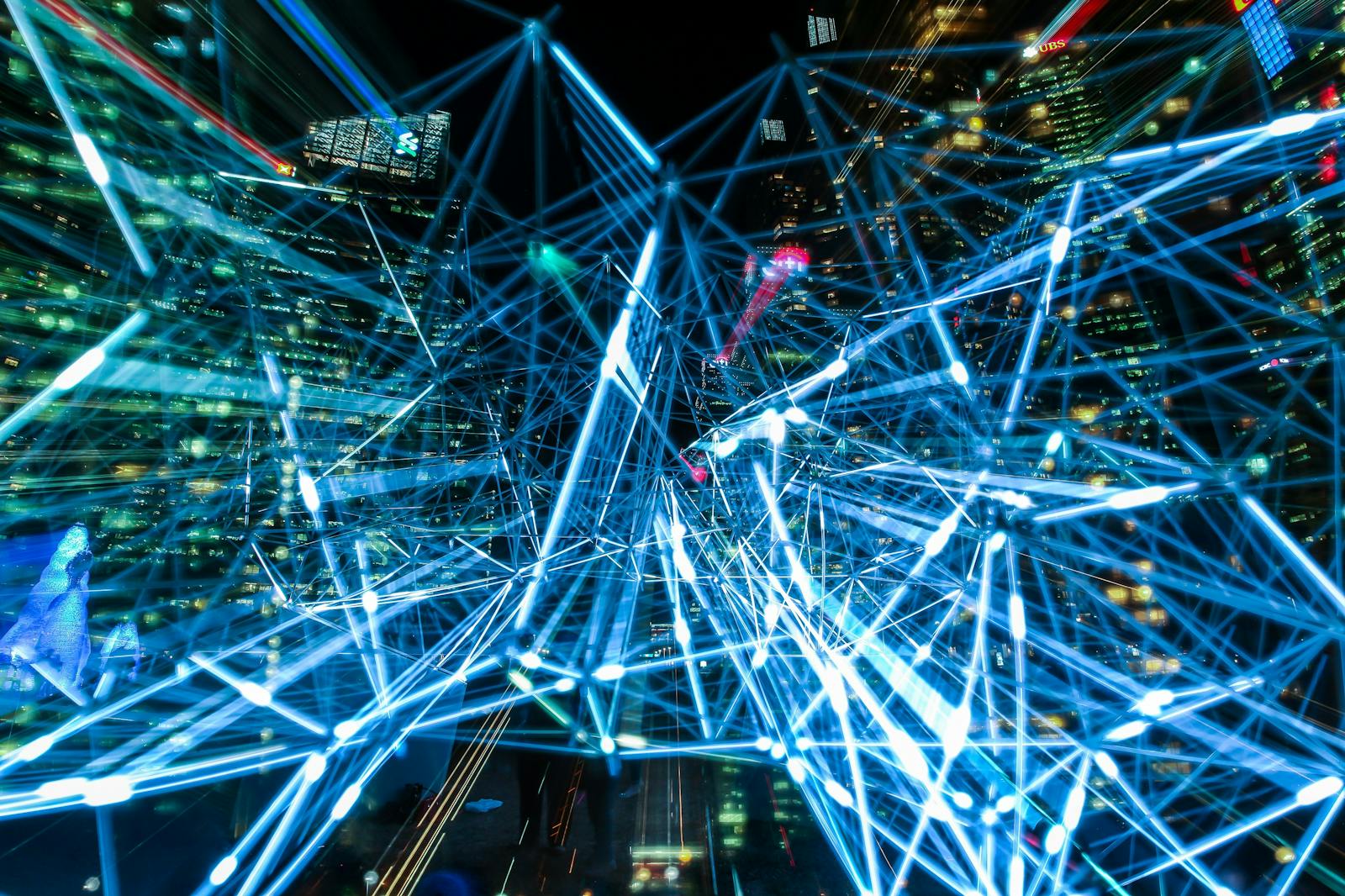
The Future Of Artificial Intelligence
Artificial Intelligence (AI) is getting very popular recently. From voice assistants to self-driving cars, AI has transformed various industries and continues to do so at an unprecedented pace. With the rapid advancements in AI, it is hard to predict what the future holds for this technology. However, here are some potential developments that could shape the future of AI.
• Increased Personalization
AI has already enabled businesses to personalize their products and services to meet the needs of their customers. However, with the development of AI algorithms that can analyze vast amounts of data, personalization could become even more sophisticated. This means that products and services could be tailored to an individual’s preferences and behaviors in real-time. For example, AI could be used to create customized learning experiences for students, personalized diets for individuals, and even personalized healthcare treatments.
• More Human-Like Interaction
One of the main challenges in AI has been developing natural and human-like interactions between humans and machines. However, with the development of advanced natural language processing (NLP) and conversational AI, this is becoming more achievable. In the future, we may see AI assistants that can hold natural and engaging conversations, understand complex emotions, and even display empathy.
• Improved Efficiency
AI has already transformed many industries by improving efficiency and productivity. However, the future of AI could see even more significant improvements. For example, AI could be used to optimize supply chains, reduce waste, and automate tasks that are currently performed by humans. This could lead to cost savings and increased productivity, allowing businesses to focus on higher-value tasks.
• Enhanced Cyber security
However, AI could help to enhance cyber security measures. AI algorithms could be used to detect and prevent cyber attacks in real-time, identify vulnerabilities in systems, and analyze data to predict future threats. With the increasing amount of data that is being produced, AI could be a crucial tool in protecting against cyber threats.

• Integration with Other Technologies
AI is already being integrated with other technologies such as the Internet of Things (IOT) and block chain. This trend is likely to continue in the future, with AI being integrated into more technologies. For example, AI could be used to optimize renewable energy systems, improve transportation systems, and even enhance space exploration.
• Increased Automation
Automation is already a significant trend in many industries, and this is likely to continue with the development of AI. AI powered automation could lead to the automation of many more jobs, reducing the need for human labor. While this could lead to job losses, it could also free up humans to focus on more creative and innovative tasks.
• Greater Transparency and Accountability
One of the challenges of AI has been the lack of transparency and accountability in decision-making processes. However, with the development of explainable AI, this could change. Explainable AI algorithms are designed to provide clear and understandable explanations of how they arrived at their decisions. This could lead to greater trust in AI systems and increased accountability for their actions.
CONCLUSION
For the future of artificial intelligence there are many challenges to be addressed, such as the ethical implications of AI and potential job losses, the benefits of AI are significant. The development of more personalized and human-like interactions, increased efficiency and productivity, enhanced cyber security, integration with other technologies, increased automation, and greater transparency and accountability could all be significant developments in the future of AI. It is essential that we continue to monitor and shape the development of AI to ensure that it is used for the benefit of humanity.